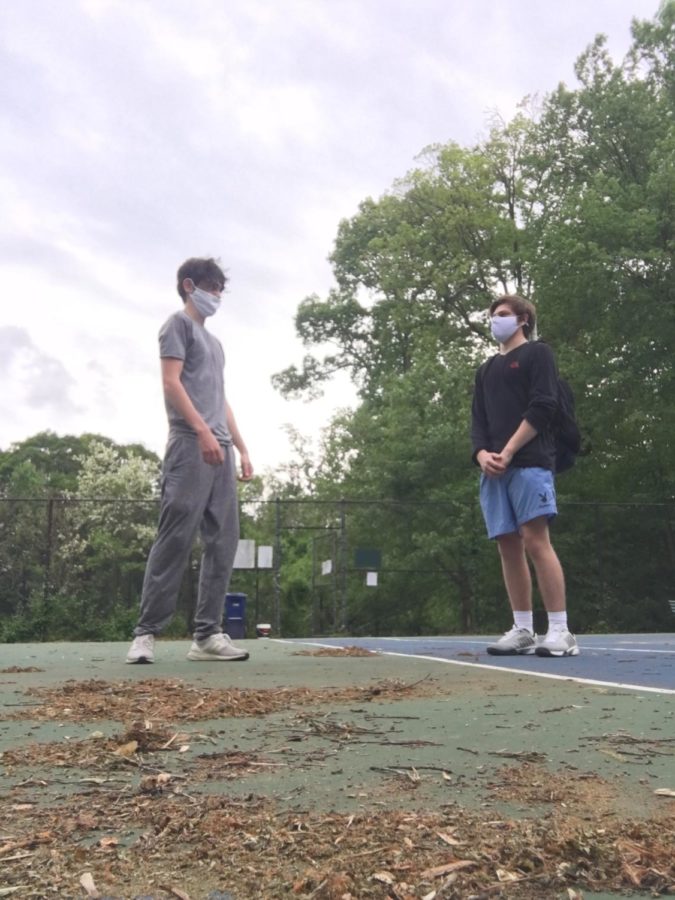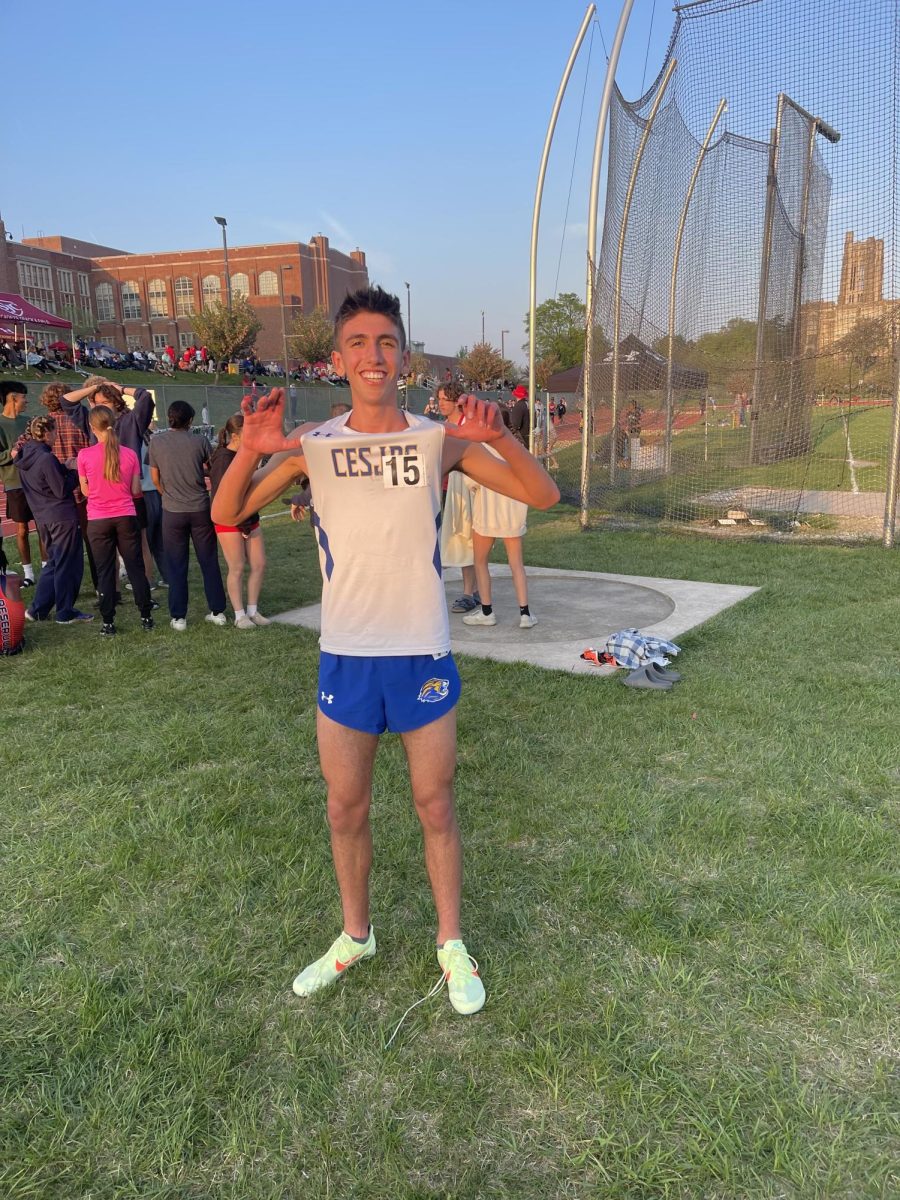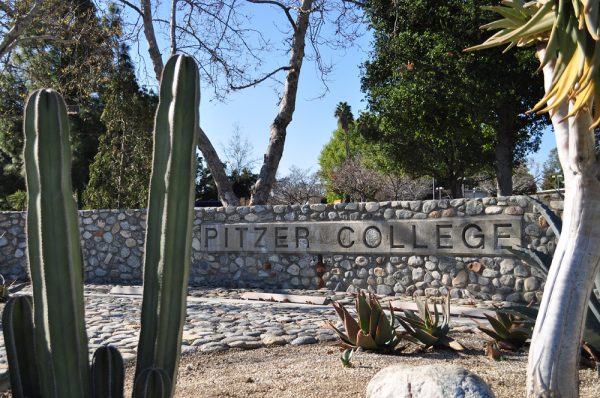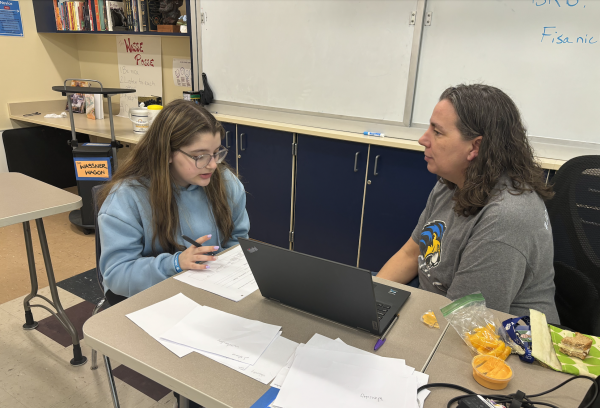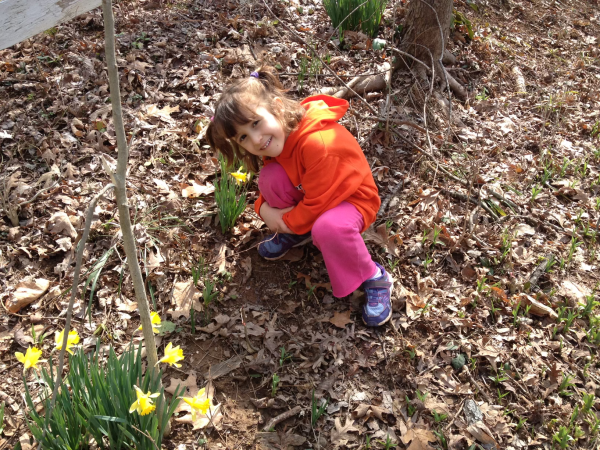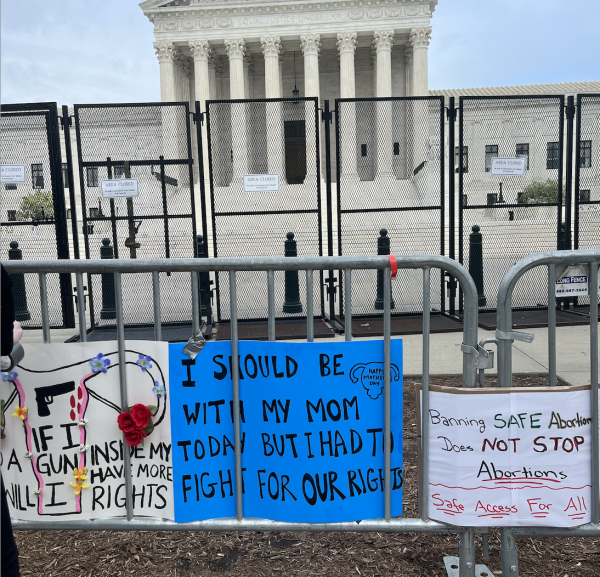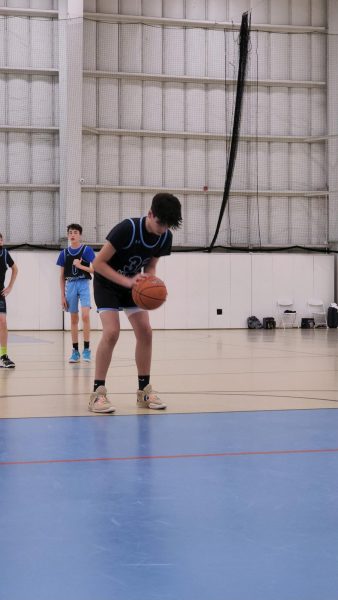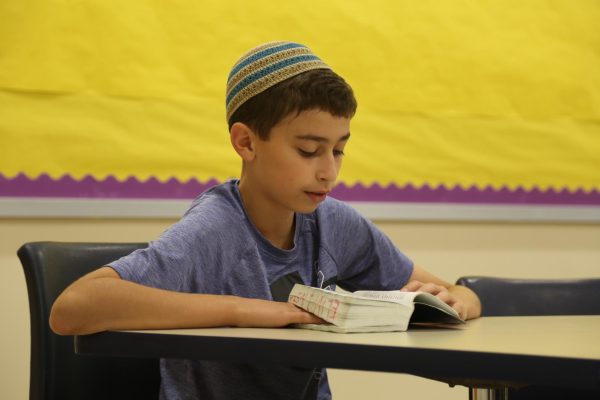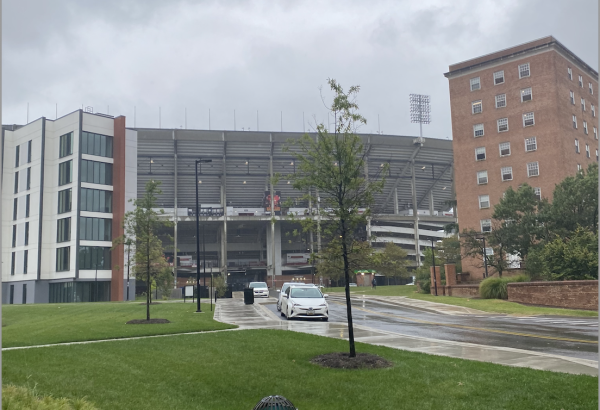After vaccine: Mask or no mask?
Fully vaccinated juniors Lincoln Aftergood and Sean Rich play together on the tennis courts with masks, despite new CDC guidelines.
May 3, 2021
Every day I see more and more maskless people in the street talking, standing close to one another and sometimes even hugging. It makes me wonder if they have forgotten about the pandemic or if they just don’t care. Even after being vaccinated, people should still wear masks in crowded areas for the safety of the people around them.
Wearing a mask is about being socially responsible. Even if the likelihood is small that a vaccinated person could transmit COVID-19, there is still a chance that they might. We must stay vigilant to protect the people around us and make sure they stay safe.
A study done by the CDC found that a fully vaccinated person is approximately 90% less likely to become infected with COVID-19. While this is a significantly lower probability than for an unvaccinated person, the possibility of infection and transmission is still there.
Also, there are still coronavirus variants that the vaccine cannot protect against effectively. It is not worth it to risk your own health or the health of those around you by not wearing a mask in public areas.
CDC Director Rochelle Walensky said it best herself. In a recent press release, she said that “more infections will occur” if people fail to wear masks and use proper safety measures because of the new variants. This warning still applies to vaccinated people because of how little we know about the variants and how our vaccine helps against them.
Even when not considering the coronavirus, masks are still important for our safety. During this year, I have not heard of a single person getting sick with the normal flu or cold when usually thousands of people get sick with seasonal cases of flu each year. Clearly, our masks have played a role in reducing the spread of seasonal sickness and other illnesses.
Having a mask is also important in alleviating the fears of the people around us. Personally, when I see a person outside without a mask on, I try to stay far away from them because I know they have a higher risk of transmitting COVID-19. If vaccinated people wear masks then they will not distress the people around them or cause them to worry for their own safety.
I acknowledge that there are different situations that merit different responses. For example, the CDC recently released new guidelines stating that people who are fully vaccinated can opt to go maskless outside together.
I trust the CDC and their judgment, but I feel that this loosening of restrictions should not cause people to totally forego safety measures. It does not mean the pandemic is over.
If you have the privilege of being vaccinated, you should still follow safety precautions for the sake of others. There are countries like India and Brazil that are still experiencing the worst of the pandemic, and vaccinated people should be grateful that they can protect themselves and their families.
I hear students argue that we cannot live in fear or allow masks to become the new normal. But how can we sacrifice the health of those around us just for our personal convenience? Wearing a mask is not a big deal and we should continue to wear them for the foreseeable future.


